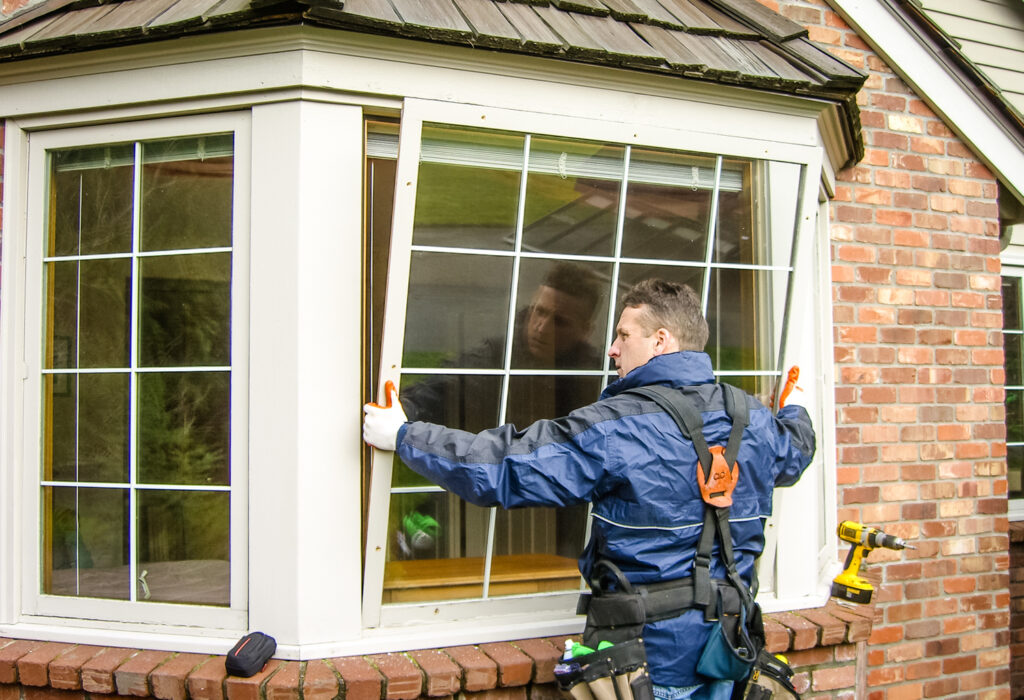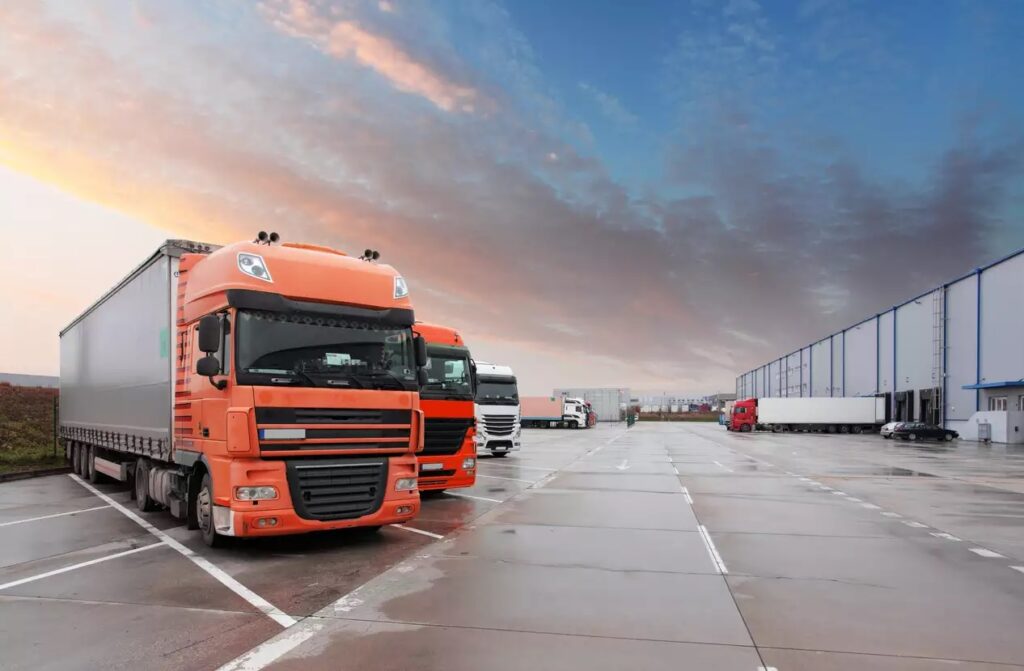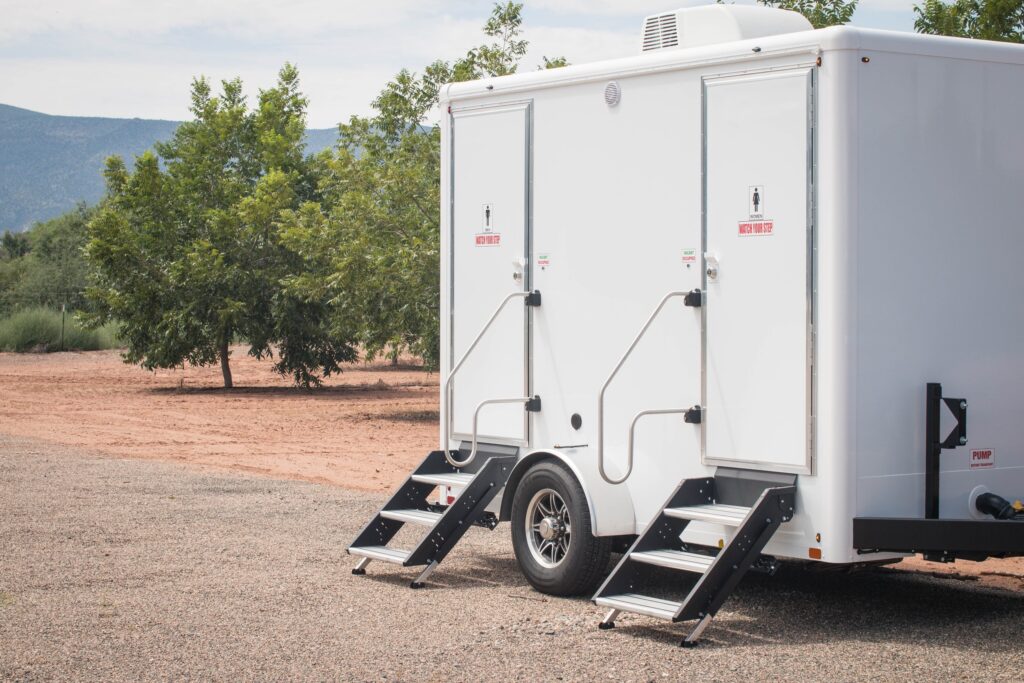Expert compressed air pipe suppliers play a critical role in ensuring safety and compliance within industries that rely heavily on compressed air systems. Compressed air is a vital utility in manufacturing, construction, automotive, and many other sectors, but it comes with inherent risks if not properly managed. Suppliers who specialize in compressed air piping understand the complexities involved in delivering reliable, safe, and regulation-compliant systems. Their expertise begins with the selection of the appropriate materials, as the safety and longevity of a compressed air installation depend heavily on the pipe material’s quality and suitability for the specific application. Suppliers source pipes made from materials such as galvanized steel, stainless steel, copper, or aluminum, each chosen based on factors like pressure ratings, corrosion resistance, and compatibility with air treatment chemicals. In addition to material quality, expert suppliers ensure that the pipes conform to stringent industry standards and codes, including those set by organizations such as the American Society of Mechanical Engineers ASME, Occupational Safety and Health Administration OSHA, and local regulatory bodies. These standards govern everything from the thickness and pressure tolerance of pipes to the methods of installation and maintenance.

By adhering to these guidelines, suppliers help prevent common hazards such as leaks, bursts, or contamination of compressed air, which could lead to equipment failure or pose risks to personnel safety. They provide comprehensive documentation and certifications for their products, giving customers assurance that the components meet or exceed safety requirements. Another crucial aspect in ensuring safety and compliance is proper system design, where expert suppliers often collaborate with engineers and facility managers to tailor the compressed air piping system to specific operational needs. This includes sizing of pipes to maintain adequate air flow and pressure, avoiding bottlenecks or pressure drops that could cause system inefficiencies or stress on equipment. They also recommend and supply necessary accessories such as pressure relief valves, filters, drains, and regulators, which are essential for maintaining air quality and preventing hazardous pressure buildups. Properly designed systems reduce the likelihood of unexpected failures that could endanger workers or cause downtime.
Installation practices also distinguish expert compressed air pipe suppliers from less experienced providers and find this thebossmagazine.com. They emphasize compliance with installation protocols that include secure mounting, avoidance of sharp bends, proper jointing techniques, and adequate support spacing to prevent sagging or mechanical damage. Training and guidance on correct installation ensure that contractors and technicians do not compromise the integrity of the system. Additionally, suppliers often provide or recommend regular inspection and maintenance schedules to identify wear, corrosion, or leaks early, ensuring continued compliance and extending the life of the piping infrastructure. Furthermore, expert suppliers remain up to date with evolving regulations and technological advancements, enabling them to advise clients on the latest safety innovations and compliance updates. For example, advancements in pipe coatings, leak detection technology, and energy-efficient system components help clients meet not only safety standards but also environmental and sustainability goals. This proactive approach demonstrates a commitment to safety beyond mere compliance, helping businesses avoid costly fines, legal liabilities, and damage to reputation.



